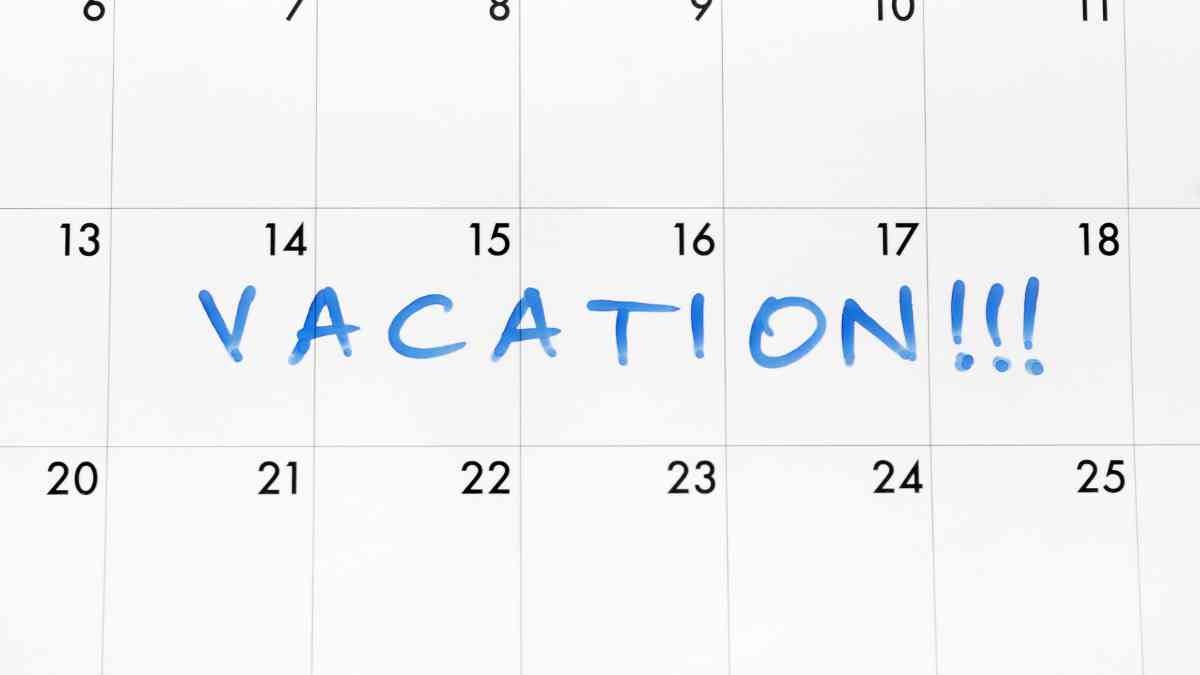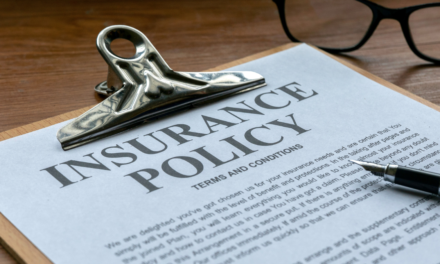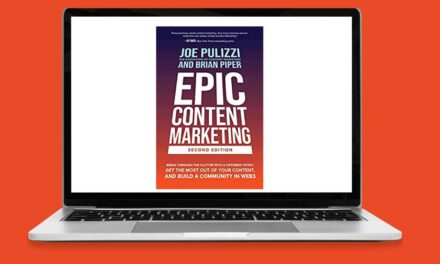Freedom.
It’s the most common reason creators turn into content entrepreneurs.
The Tilt research finds that 79% say it’s the independence that a content business offers, 77% value the flexible work hours, and 39% say it lets them have more time for non-work activities.
But in reality, as you well know, freedom doesn’t mean you can do anything (or not do anything) when you want to do it.
So, how do you plan to do what you need to do and still enjoy the freedom content entrepreneurship provides? Plan and work like you’re taking a week or two away from the business.
Even if you won’t be taking a vacation, making a vacation plan allows you to get ahead in the business and gives you the flexibility you desire as a content entrepreneur.
(BTW, some entrepreneurs opt to suspend delivery of new products, such as their newsletters, podcast episodes, etc., when they go on vacation. But we don’t recommend that strategy, particularly for early-stage entrepreneurs. As The Tilt’s founder, Joe Pulizzi, says, consistency is essential for short- and long-term success.)
Determine your minimum viable work
A business introduces a minimum viable product (MVP) to the market—it has enough features to attract consumers’ attention. In some cases, the business updates the MVP after receiving feedback from buyers.
In the get-ready-for-vacation strategy, you can follow a similar process. Create a list of what must get done in a week to deliver for your audience and business.
For example, The Tilt publishes this newsletter twice a week. So, we would need to complete the content and production for two newsletters. However, we could take the week off from working on a long-term research project.
Caveat: Consider how you can reduce your MVP, so it’s still valuable for the audience but requires less work. For example, when three-day holiday weekends come around, The Tilt reduces its Things To Know section in the Tuesday newsletter to five items instead of the usual 10.
Use tricks and tools
Unless you’re really taking a vacation where cell and internet service are unavailable, you’ll be tempted to cheat this process. You’ll say to yourself that you don’t need to get X done before you go because it will just take 15 minutes to get done the next week. Resist the temptation.
Break down your must-do projects into a list of tasks and set deadlines for each one. Run into a scheduling problem? Don’t just miss the task deadline and expect to get to it later. Reschedule the deadline so it’s still done before you go.
Automation tools are your closest friends at this stage. If you publish your social media posts, blog articles, or newsletters in real time, now’s the time to explore their native scheduling tools or other scheduling services. And when you get back from vacation, I bet you won’t return to live posting any time soon.
If you do have tasks that cannot be done in advance, consider contracting with someone to help while you’re away. Virtual assistants can be helpful with this. Of course, you can’t wait until the last minute to hire – and grow to trust – someone with your business. So plan ahead. Hire them for a month or two and work with them on the tasks before you expect them to do them by themselves.
Update your calendar
Mark your calendar as “busy” not only for the time you plan to take off but also for the two days before and after. You’ll need time to finish tasks and get organized upon your return, and having meetings or other scheduled events will thwart those efforts.
Now that you know what must get done, you can plan how to do it. I’m a big proponent of calendaring my work – even when it doesn’t include appointments. By blocking out time each day or week to complete tasks, I have a better chance of actually doing them.
Even if you don’t subscribe to the calendaring strategy, you should do some form of it when creating your vacation strategy. How much time does it take you to create and produce?
Caveat: Not sure how long it takes to get a task done? Use a time-tracking tool, like Toggl, to assess. You’ll find the data invaluable not only when making a vacation plan but also when evaluating your business model and more.
Enjoy the freedom
Whether you’re taking a vacation or just getting ahead in your business, making a vacation plan or arranging to remove yourself from the business can bring both immediate benefits and help you shift how you operate the business going forward. You’ll gain more flexibility so you can grow the business and do the non-work things you want to do.
About the author
Ann regularly combines words and strategy for B2B, B2C, and nonprofits, continuing to live up to her high school nickname, Editor Ann. An IABC Communicator of the Year and founder of G Force Communication, Ann coaches and trains professionals in all things content. Connect with her on LinkedIn and Twitter.










